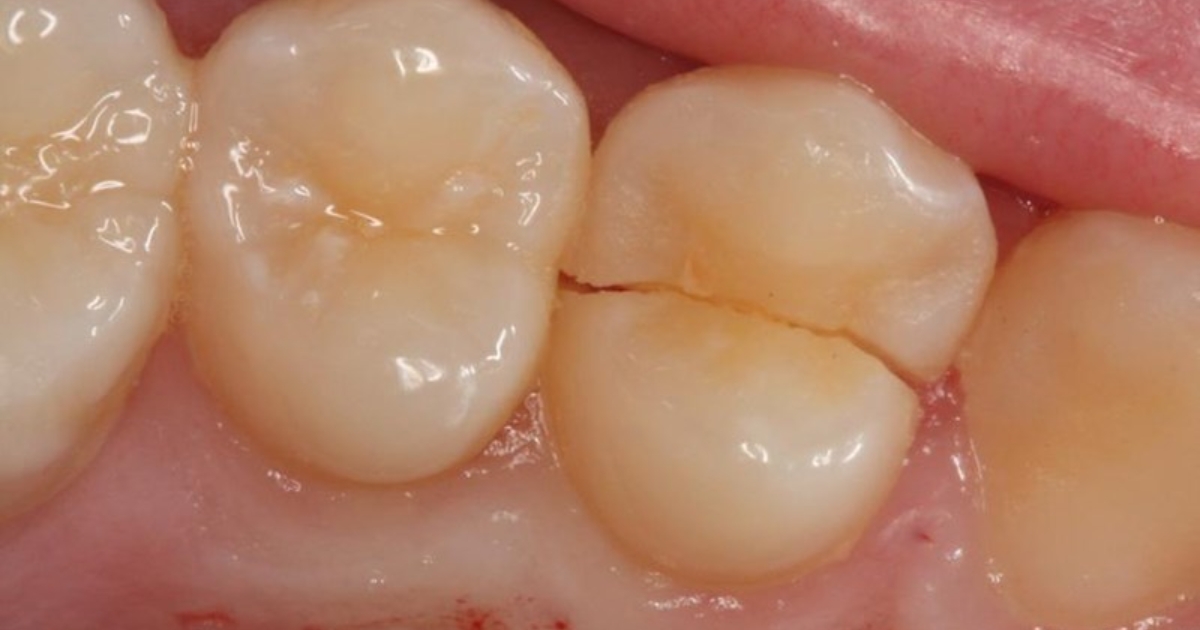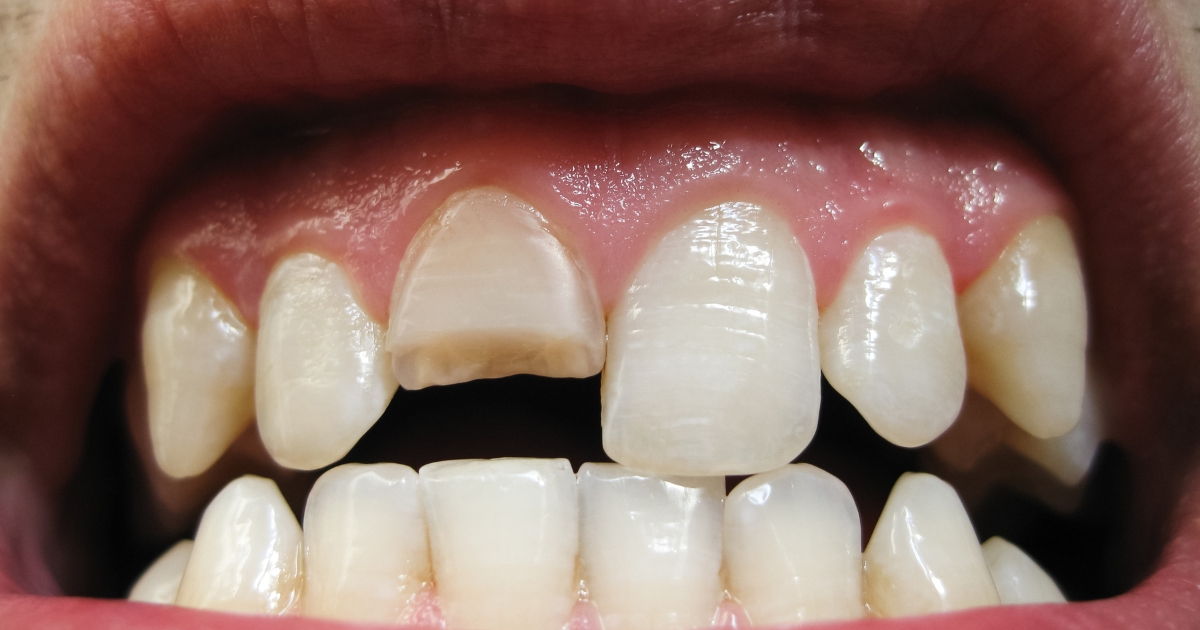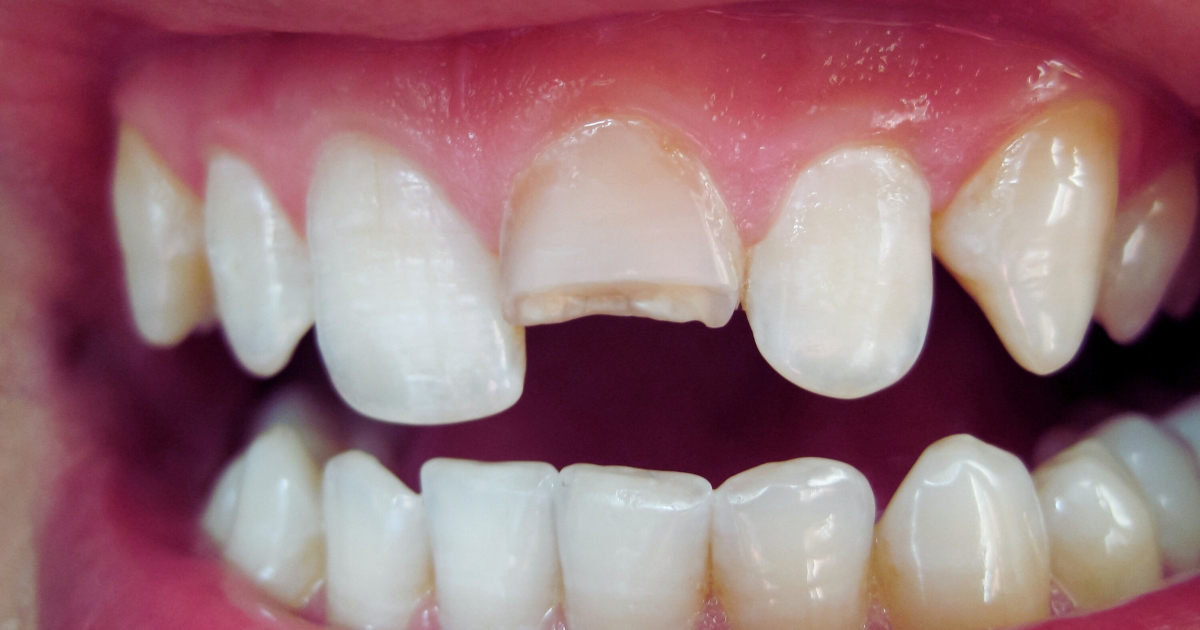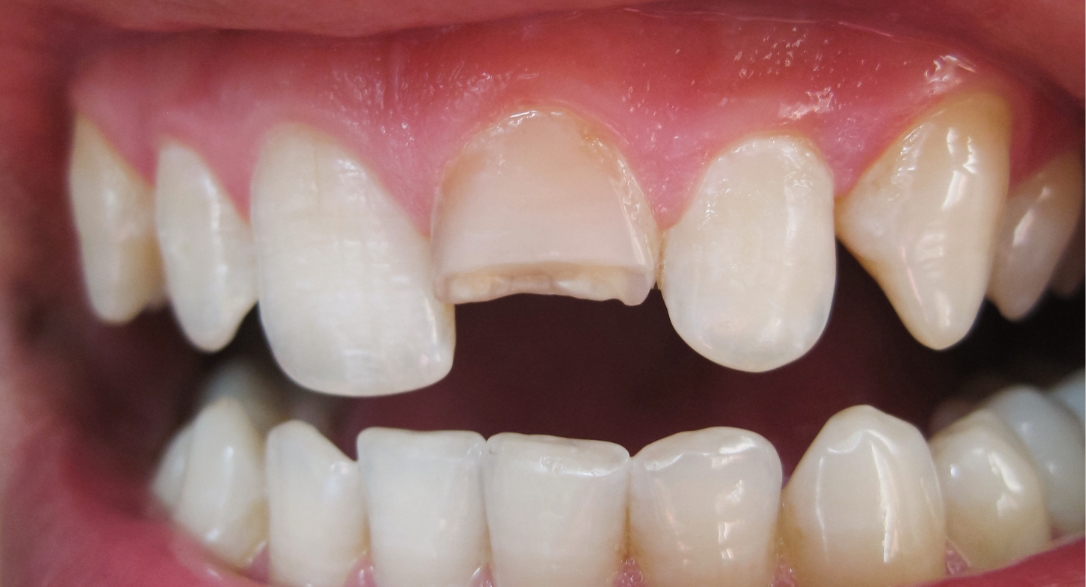Call Us Today 817-737-7668

Teeth are hard, but they’re not indestructible. A mistaken bite, an accidental slip-up, or a careless habit unnoticed can crack a tooth—and the problem starts at that point. A minor crack can go seemingly unnoticed initially, but if unaddressed, it can spell trouble for serious dental problems later on. Worst of all? Not all cracks are readily detectable, making them difficult to notice.
Forgetting to deal with a cracked tooth can make daily activities such as eating, drinking, or even breathing in cold air painful. And while some cracks result in severe pain, others will remain unnoticed until they become more extensive. So, what are the reasons behind cracked teeth, and how can you tell if they are developing? Let’s explain.
Common Causes of Cracked Teeth
A tooth doesn’t crack for no reason—there’s always something behind it. Here are some of the most prevalent offenders:
- Biting Down on Hard Foods – Ice cubes, popcorn kernels, hard candies—these might seem innocent enough, but they place an enormous amount of pressure on your teeth.
- Teeth Grinding (Bruxism) – Most of us grind our teeth or bite our jaws unbeknownst to us during sleep. Slowly but surely, this diminishes the strength of the enamel and causes the formation of fissures.
- Unpredictable Temperatures – Had a bite of hot food just after drinking cold liquid? Suddenly expanding and shrinking of your dental structure can chip away at little fractures.
- Facial Trauma – A blow to the mouth from a fall, an accident, or a sports injury can readily crack a tooth.
- Aging and Natural Wear – Teeth are subjected to years of chewing and grinding, and thus become more vulnerable to cracks as we age.
Identify the Signs of Cracked Teeth
It isn’t always easy to spot a cracked tooth. Some cracks are even visible to the naked eye, while others remain hidden below the surface. But determining that you’ve cracked teeth is essential to begin cracked teeth treatment. Here’s what to look for:
- Pain When Chewing – When you experience severe pain when biting down, particularly when releasing pressure, it might be an indication of a cracked tooth.
- Sensitivity to Hot or Cold – Cracks leave the inner layers of the tooth exposed, causing them to react more to changes in temperature.
- Discomfort That Comes and Goes – Unlike with a cavity, which tends to produce persistent pain, cracks can cause intermittent pain.
- Gum Swelling Around a Tooth – If the gum surrounding a tooth is swollen or inflamed, it can be a sign of a hidden crack.
- A Rough or Jagged Edge – Slur your tongue across your teeth. If there is a sharp or rough spot, it could be a crack.
Why You Shouldn’t Ignore a Cracked Tooth?
A small crack might not look like a serious issue, but it can become a more substantial dental issue down the road, including:
- Infections and Abscesses – Bacteria have an entry point through cracks and cause painful infections that could mean a root canal.
- Tooth Decay – Tiny cracks provide avenues where plaque and bacteria can reside, making the teeth more likely to develop cavities.
- Weakened Tooth Structure – When a tooth cracks, it makes it easier for the tooth to be damaged even more, ultimately causing tooth loss.
What to Do If You Suspect a Cracked Tooth?
If you suspect that you have a cracked tooth, do not wait until the pain is severe. What you can do until you consult a dentist:
- Avoid Chewing on That Side – This prevents further aggravation of the crack.
- Use a Cold Compress – A cold compress may ease the inflammation in case of swelling.
- Rinse with Warm Salt Water – This prevents bacteria and calms any irritation.
- Take Over-the-Counter Pain Relievers – If pain is troublesome, painkillers such as ibuprofen can temporarily relieve it.
Treatments for Cracked Teeth
Treatment is determined by how serious the crack is. The following are some potential cracked teeth treatments your dentist might prescribe:
- Bonding – A tooth-colored resin can be used to fill small cracks and restore strength.
- Dental Crown – A custom-made cap covers the damaged tooth, preventing further breakage.
- Root Canal – If the crack extends into the pulp (inner tissue), a root canal can help save the tooth.
- Extraction – In cases where the tooth is severely damaged and beyond repair, removal may be necessary.
How to Prevent Cracked Teeth?
Accidents do occur, but it is possible to reduce the risk of cracks:
- Use a Mouthguard – A mouthguard can protect you if you grind your teeth or are involved in sports.
- Don’t Chew Hard Objects – Avoid biting ice, pens, or any hard object that can put stress on your teeth.
- Watch for Temperature Fluctuations – Allow hot foods to cool down before you drink cold drinks.
- Practice Good Oral Hygiene – Brushing, flossing, and regular dental check-ups keep your teeth healthy and strong.
Time to Take Action
Don’t ignore the signs of cracked teeth. It can develop into larger, more painful problems in the future. If you experience any signs of trouble, don’t wait—make an appointment with our dentist in Fort Worth right away. We’re here to help with best-in-class care.





